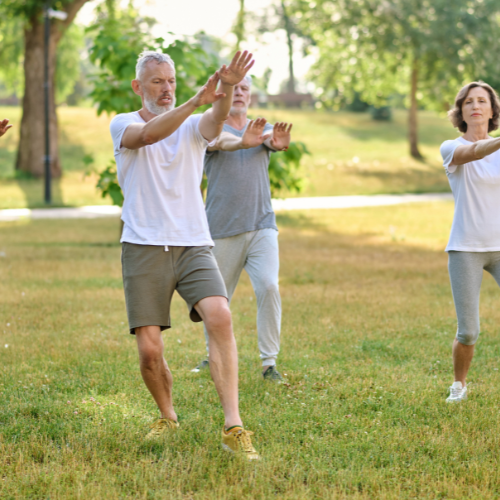A 35-year-old Asian woman presented with chronic pain in her neck and lower back, stiffness in both shoulders, numbness in the right outer arm, and numbness in the right outer leg. She also reported weakness in her neck. Based on the affected meridians, the primary focus is on the Taiyang and Shaoyang meridians. Although this condition is quite common and not particularly difficult to treat, the patient mentioned that her previous practitioner caused her significant pain during acupuncture, and she felt extremely weak the following day.
Apart from the perspective of meridian differentiation, the patient’s overall condition can also be analyzed through pulse diagnosis. The weak pulse in both Chi positions indicates that the root cause of her pain is kidney deficiency. Her treatment requires tonifying the kidney meridian, while painful needling typically reflects a reducing needling technique, which can deplete Qi and lead to a worsened overall state after treatment.
The slippery pulse in the Guan positions suggests the presence of phlegm, which can obstruct the meridians and contribute to pain and numbness, indicating the need also to consider phlegm resolution. The overall pulse is floating, rapid, and slightly tight, suggesting that the patient has contracted a wind-heat cold with cold characteristics (likely the flu). This has damaged her body fluids and exacerbated the discomfort in her shoulders, neck, and back. When asked if she had recently caught a cold, she said she hadn’t, but she did feel like the early cold symptoms were starting to appear.
With this understanding of the patient’s overall condition, appropriate acupoints and treatment strategies can be selected accordingly.
At the second consultation, the patient brought several of her friends to seek medical help and told me that she no longer felt fatigued after the previous acupuncture session.
Case NO.099 @ Melbourne
Note: TCM doesn’t ‘treat’ any certain WM disease name. TCM has its own system and method to rebalance the human body, release the symptoms and help the body truly recover on its own. TCM treatment methods and effects are different according to individual differences, and the sharing of the case study does NOT constitute treatment recommendations.
Published @August 28, 2024 | Author Max Ma | TCMDrMa All Rights Reserved


















Acupuncture Treatment for Severe Neck and Shoulder Pain in a Weak Female Patient
Effective Traditional Chinese Medicine Treatment for Severe Cough with Wheezing: A Case Study
Case study: Comprehensive Acupuncture and Herbal Treatment for Shoulder Pain with Difficulty in Elevation
Classical Formula Treatment of COPD in a 62-Year-Old Vietnamese Male
Case Study: Treatment of Suppurative Hidradenitis with Dan Zhi Xiao Yao San
Case Study: Post-External Pathogen Yin Deficiency Cough
Case Study: Acute Ankle Sprain and a Comparison of TCM and Western Medicine Treatments
Personalized Chinese Herbal Treatment for Elderly Patients: A Case of Frequent Night Urination, Premature Beat and Leg cramps
Case Study: Effective Treatment of Gout Using Classical Formulas
Bloating: The Application of Da Chai Hu Tang in the Treatment of Severe Abdominal Distention
Classical Formula Treatment for Emotional Dysregulation in a 9-Year-Old Girl
Pulse check Cases Collection (1)
[Case study] One case of lower limb edema in a 72-year-old lady
One case of classic formula ChaiXian Tang helping with no appetite
Kawasaki disease: One 3-year-old kid with persistent high fever and skin rash
[Case study] Multiple Illnesses (8 types) in 50-Year-Old Male Patient
A woman who had been taking Wu Ji Bai Feng Wan for bleeding for ten months
One case of tonsillitis in a 1.5-year-old child